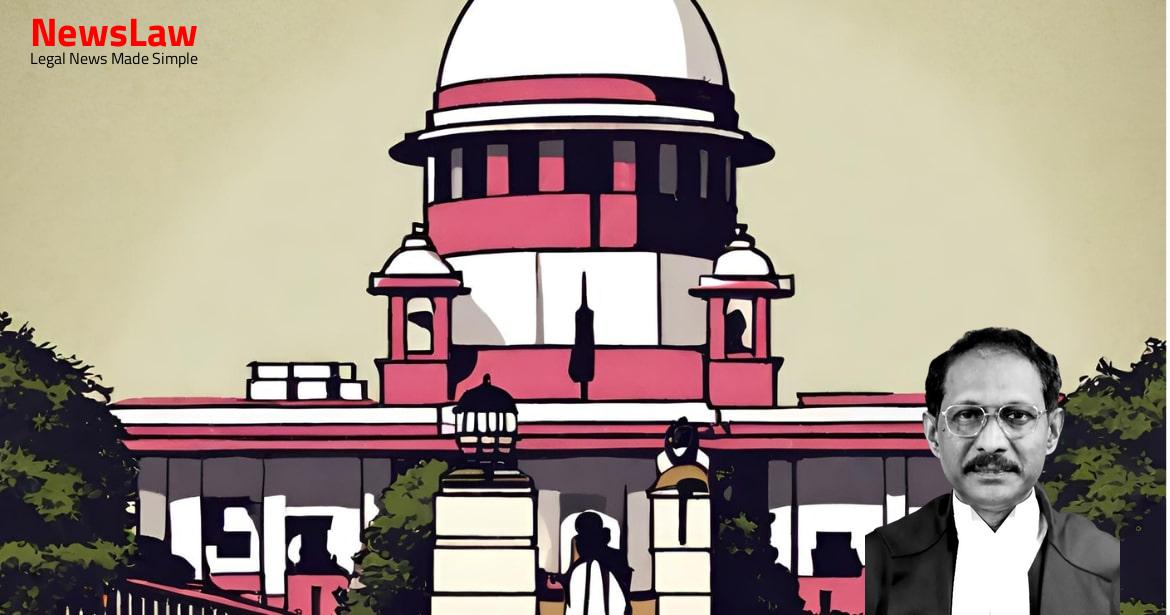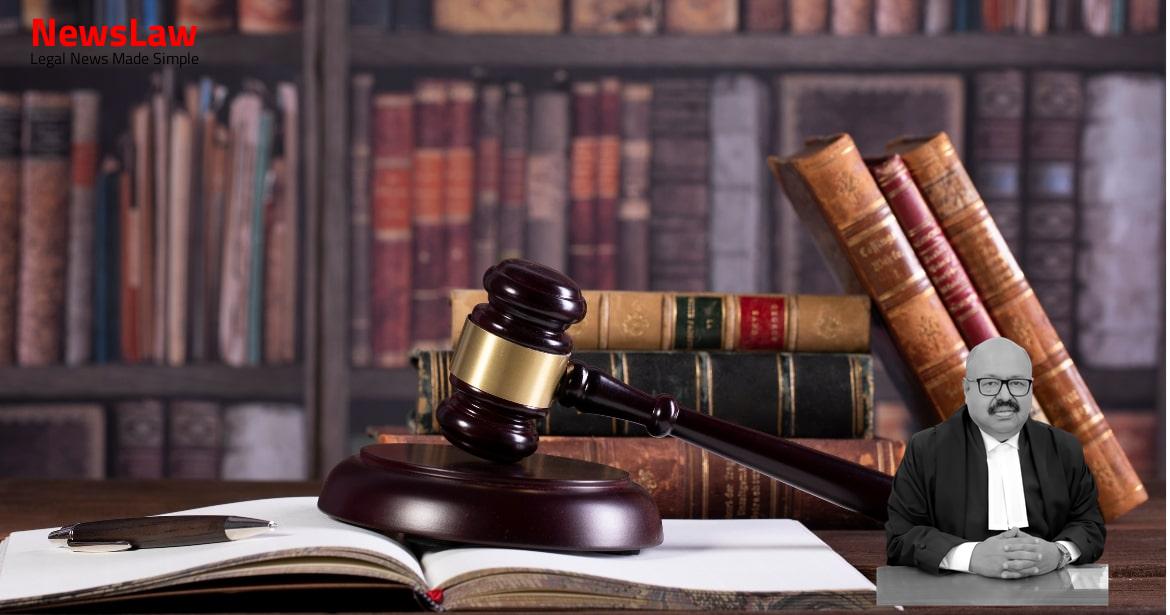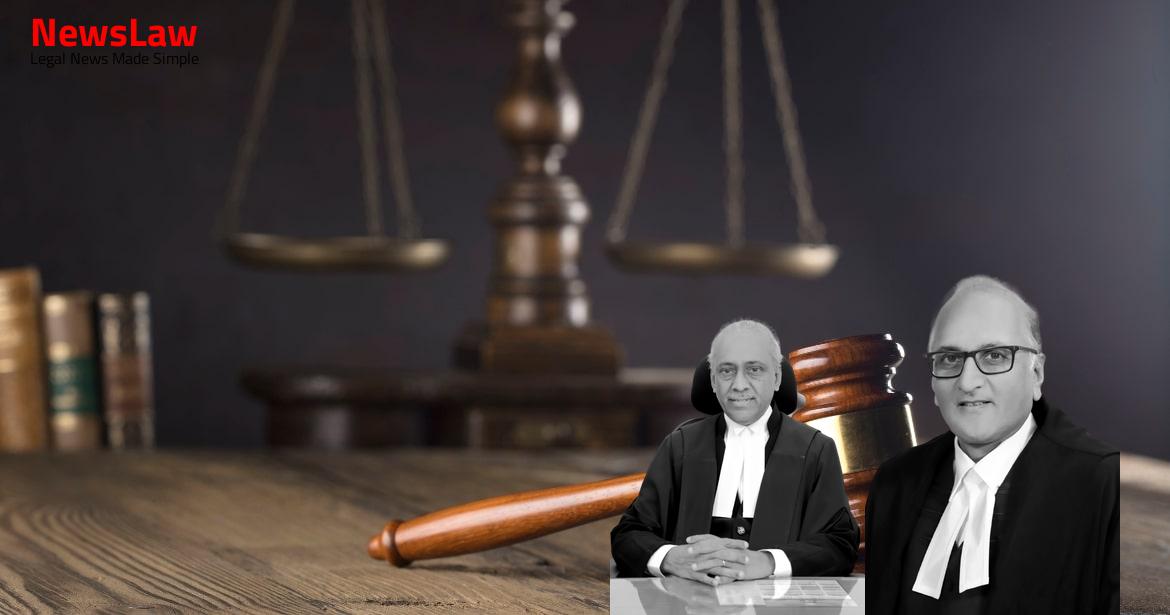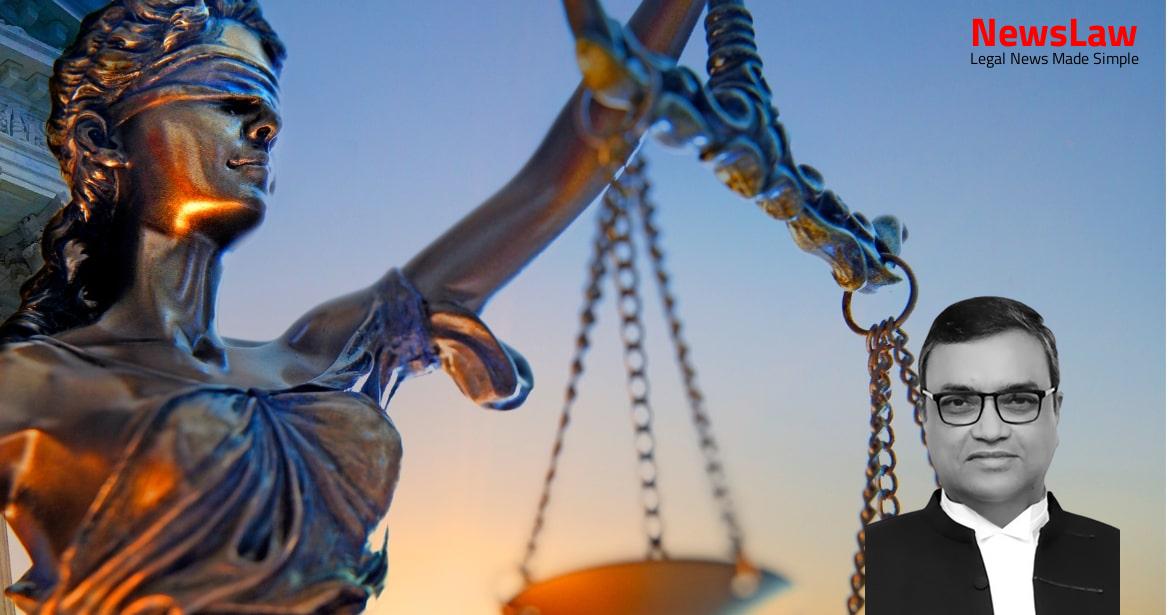The case of M/s. Ujagar Prints and Ors. v. Union of India & Ors. stands as a testament to the importance of judicial integrity and adherence to legal precedent. The Supreme Court of India deliberated on the practice of judges participating in cases despite having decided on similar matters earlier. This judgment underscores the significance of consistency in legal principles and the avoidance of forum shopping. Let’s delve into the details of this significant ruling.
Issue
- The main issue at hand is whether a Judge who has expressed an opinion in a smaller Bench can participate in the case when it is referred to a larger Bench due to conflicting opinions or other reasons.
Also Read: Urs Family Property Dispute: Supreme Court Decree
Arguments
- The argument made by the petitioner’s counsel is that one of the judges, Arun Mishra, should recuse from the case as he may be predisposed to decide it in a particular way.
- The counsel emphasizes that judges should not have any bias or pre-determination in judicial decisions and should step down if they cannot impart justice impartially.
- Several decisions are cited where judges who have delivered a judgment in a smaller panel were also part of a larger bench that decided the same matter, which raises concerns about the independence and integrity of the judicial system.
- A reference is made to a rule stating that the same judge who referred a case must sit on the larger bench to consider the reference, which is seen as a corrective measure under the hierarchical system.
- The opposing counsel argues against recusal, stating it is a common practice for judges who have decided a matter earlier to be part of the bench again, ensuring consistency and legal principles.
- Foreign rules are mentioned where judges are advised to excuse themselves from a case to maintain public confidence in the judiciary.
- There is a concern raised about newspaper articles influencing court decisions and the need for judges to abstain from cases where there could be a perceived bias.
- The necessity to maintain the independence and integrity of the judicial system is stressed, and the argument against recusal is presented as a safeguard against powerful lobbies influencing judicial decisions.
- The practice of the court is highlighted, indicating that judges forming quorums of larger benches are essential for deciding legal principles consistently.
Also Read: Supreme Court Ruling on Exemption of Excise Duties and Cess
Analysis
- Recusal cannot be based on legal pre-disposition or bias.
- Recusal would undermine the independence and integrity of the judicial system.
- Judges who have rendered a decision in smaller combinations can be part of larger benches when a reference is made.
- Litigants cannot choose judges on a bench to suit their preferences.
- Receding from a case would be a dereliction of duty and set a bad precedent.
- Recusal based on judgments rendered earlier would lead to forum shopping and erode judicial discipline.
- The ultimate test is the judge’s ability to deliver impartial justice with integrity.
- Recusal on the grounds prayed for would be committing a grave blunder.
- In the context of impartiality, the first principle discussed by the Court is that a Judge should be impartial.
- Recusal of Justice Khehar was sought from the Constitution Bench, but it was observed that rendering a decision on any issue of law is not grounds for recusal.
- Justice P.N. Bhagwati concurred with a view and overruled his decision in a previous case.
- The Court has consistently allowed Judges who rendered earlier decisions to preside over larger Benches or be part of them.
- There is a practice of the Court being considered as the law of the Court and generally adhered to in the absence of contradicting rules.
- The Court discussed the matter of recusal and observed that just having a legal opinion does not impact impartiality.
- The Constitution of India mandates Judges to act faithfully and without bias, even when reviewing or correcting previous decisions.
- Public interest may sometimes demand a review and reconsideration of past judgments by the Court.
- The Court upheld the view taken in a previous decision by a specific Judge, establishing it as good law.
- Instances were cited where previous decisions were reconsidered or overruled by the Court, even if the same Judges were involved in both cases.
- In M/s. Ujagar Prints and Ors. (II) v. Union of India & Ors. (1989) 3 SCC 488, a Constitution Bench was constituted
- The Bench consisted of R.S. Pathak, C.J., Sabyasachi Mukherji, S. Natarajan, M.N. Venkatachaliah, and S. Ranganathan, JJ.
- The question at hand was the correctness of the decision in Empire Industries Ltd. v. Union of India (1985) 3 SCC 314
- Empire Industries Ltd. case was decided by a Bench of three Judges – S. Murtaza Fazal Ali, S. Varadarajan, and Sabyasachi Mukherji, JJ.
Also Read: Telecom Operators vs. Union of India: Landmark Judgment on Gross Revenue Definition
Case Title: INDORE DEVELOPMENT AUTHORITY Vs. MANOHARLAL AND ORS. ETC.
Case Number: C.A. No.-000009-000011 / 2023



